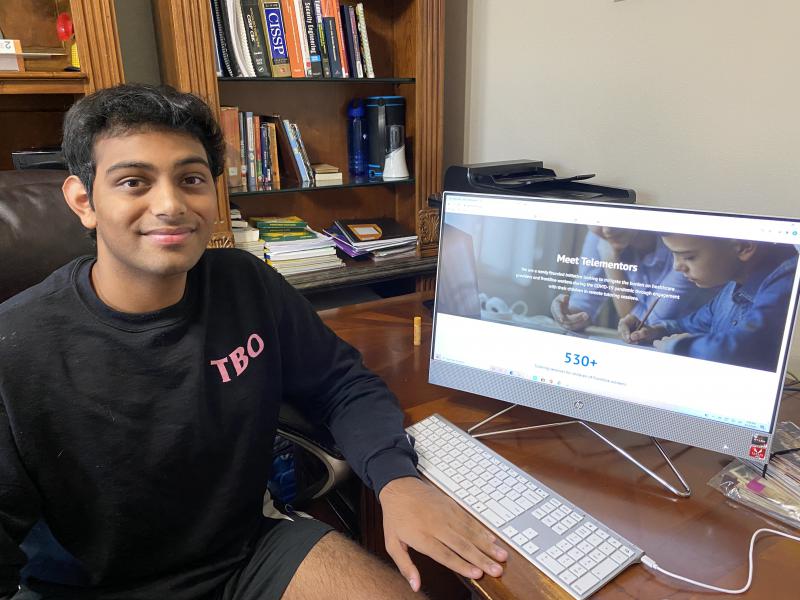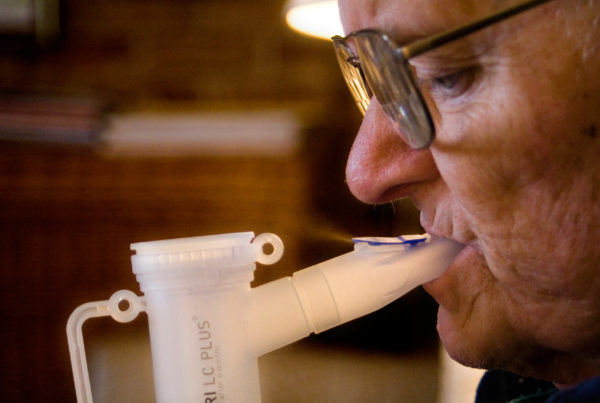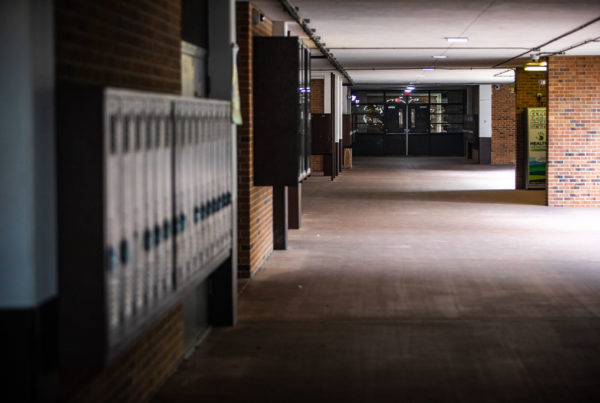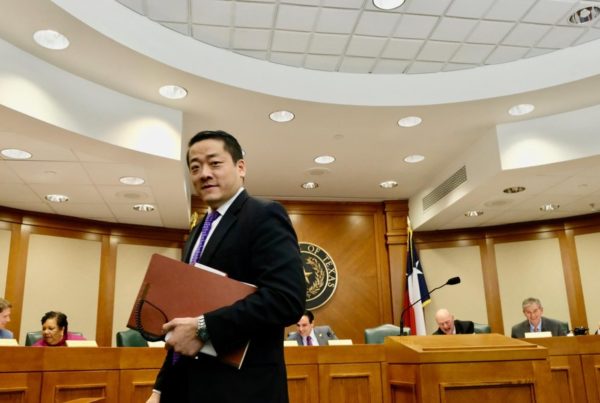From KERA:
When the pandemic hit, 16-year-old Amruth Nandish of Houston found he had a lot of time on his hands.
School had gone virtual and he kept hearing his family members, many of whom are medical professionals, struggling and talking about what to do with their kids, who were home all the time.
“They are like ‘Oh my God, my daughter is just watching TV all day. She’s not doing anything,’” said Nandish, who attends The Kinkaid School in Houston.
These concerns led him to create Telementors, a tutoring service that provides educational and emotional support to the children of health care and frontline workers. The program matches these children with high school volunteers who check-in, play card games, draw and tutor.
When Nandish thought of the idea to create the program, he called HR departments at Houston Methodist Hospital and hospitals with the Memorial Hermann Health System, telling them that he and his high school friends could help their staff.
“First, I matched a couple people. They said yes. Everyone liked it and kept going from there,” Nandish said.
As word of mouth got around, Nandish called his friend, 17-year-old Saathwik Saladi, who lives in Dallas and asked for help with his vision.
“As we’ve been hunkering down in our homes and quarantining health care workers and frontline workers have to work long hours and their children are stuck at home,” Saladi said.
The pair of Texas high school students met during the summer of 2018 at a math summer camp at the University of North Texas at Denton. At camp, they bonded over their Indian heritage and childhoods.
“Both me and Amruth as kids, our parents were frontline workers and we sympathize with how kids can feel neglected not seeing their parents a lot,” Saladi said.
Nandish spent many summers alone at home as a child. His parents work long hours in their fields of cosmetic dentistry and civil engineering.
More than a tutoring service
Since June, Nandish has been tutoring 10-year-old Jovan Hebbar, who’s a fifth grader. Jovan has been studying for the Independent School Entrance Exam (ISEE Test), a test to get into private school.
“Are you nervous for school? How are you feeling? I’m a little nervous because no one has virtual school ever,” Nandish said during a virtual tutoring session.
During the session, Jovan talked to Nandish about his summer at the pool and how he doesn’t like chocolate.
“You know how I don’t like chocolate? My cousin also doesn’t either,” Jovan told Nandish. “Finally, someone who doesn’t like chocolate.”
After catching up about summer plans, Nandish pulled up a worksheet on his computer, shared the screen and then worked with Hebbar on a math problem. Hebbar took his cursor and wrote on the screen.
“So your mom asked me to go over some basic things. I think we didn’t finish the pages we started two weeks ago… let me pull up a worksheet for that ok?” Nandish said. “Okay, so 1/2 times 5/4?”
Jovan’s mother Sushma Hebbar, a pediatrician in Houston, has all three of her kids participating in the program.
“Teaching kids is never a burden but it’s taking something off my plate,” Hebbar said. “It makes it a little, a little less stressful for me because during this time it’s stressful for everybody, whether you’re frontline or not.”
She said she signed her kids up for the service because she wanted to prevent the summer slide, a loss of knowledge for kids who stop engaging in academics during time off from school.
Since May, Telementors has signed up 60 kids located in Texas, California, North Carolina, Florida and Idaho. They’ve recruited 45 high school mentors who earn community service hours and form connections with younger children.
“She loves Peppa Pig and we love drawing Peppa Pig together and we draw sunsets and we draw plants,” said 14-year-old Ria Pawar, a Telementor volunteer.
Pawar tutors two kids a week, one of whom is a 3-year-old. They bond over art.
“I have to think of ways to make her focus and want to get her work done, sometimes she gets distracted ’cause a 45 minute class is really long,” Pawar said.
A big part of the program is the opportunity for mentors to build a connection with kids who might feel lonely during the pandemic. But Saladi believes mentoring doesn’t just help the kids.
“Loneliness is something we take for granted, especially during the coronavirus,” Saladi said. “If it is a 30-45-to-an-hour session I think it does a lot of benefits to not only the kid but also the high school mentors.”
Founders Saladi and Nandish would like to keep Telementors going even after the pandemic ends, but they want to shift their focus and offer their program not just to kids who are at home, but to kids who are stuck in hospitals long-term.
Got a tip? Alejandra Martinez is a Report For America corps member and writes about the economic impact of COVID-19 on marginalized communities for KERA News. Email Alejandra at amartinez@kera.org. You can follow Alejandra on Twitter @_martinez_ale.














